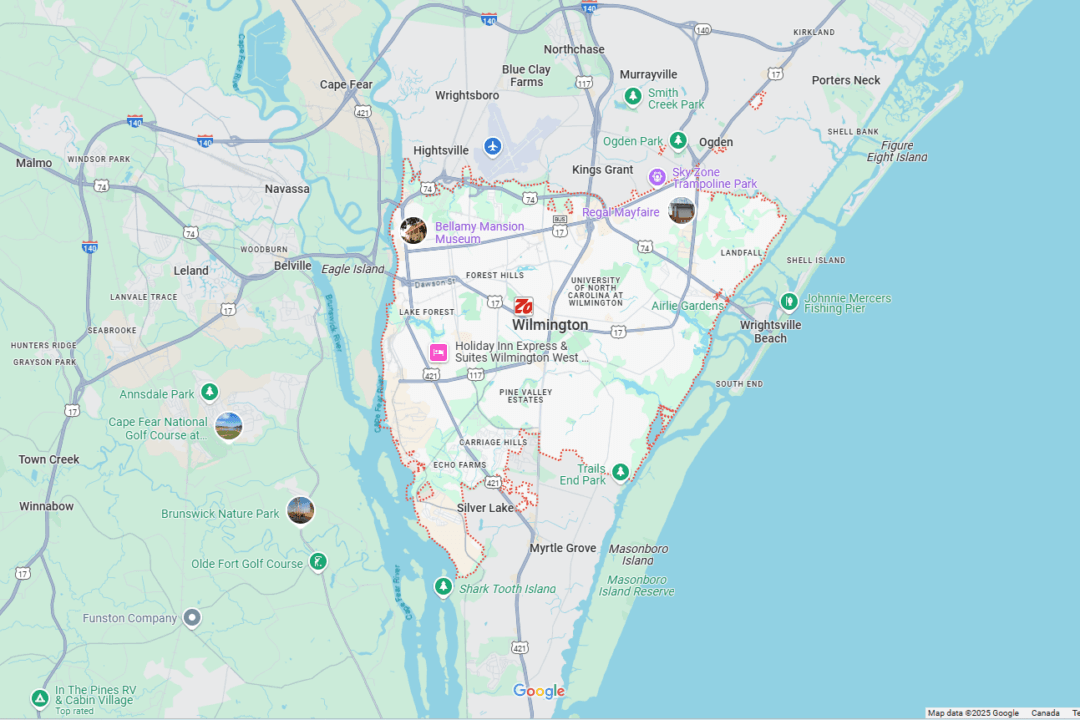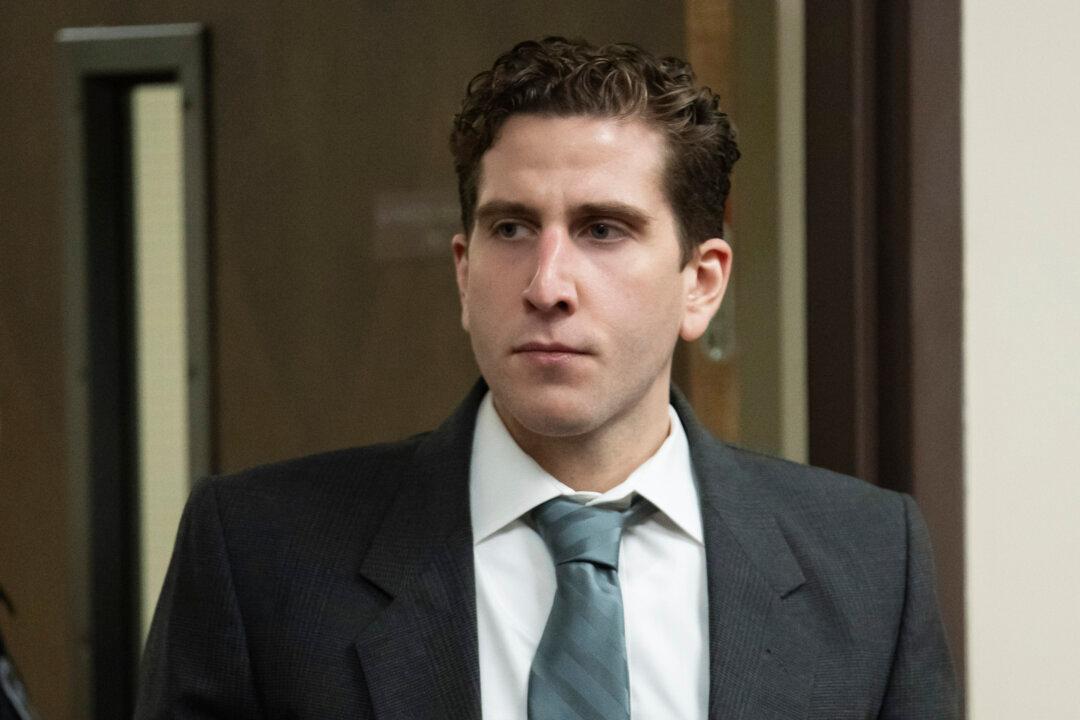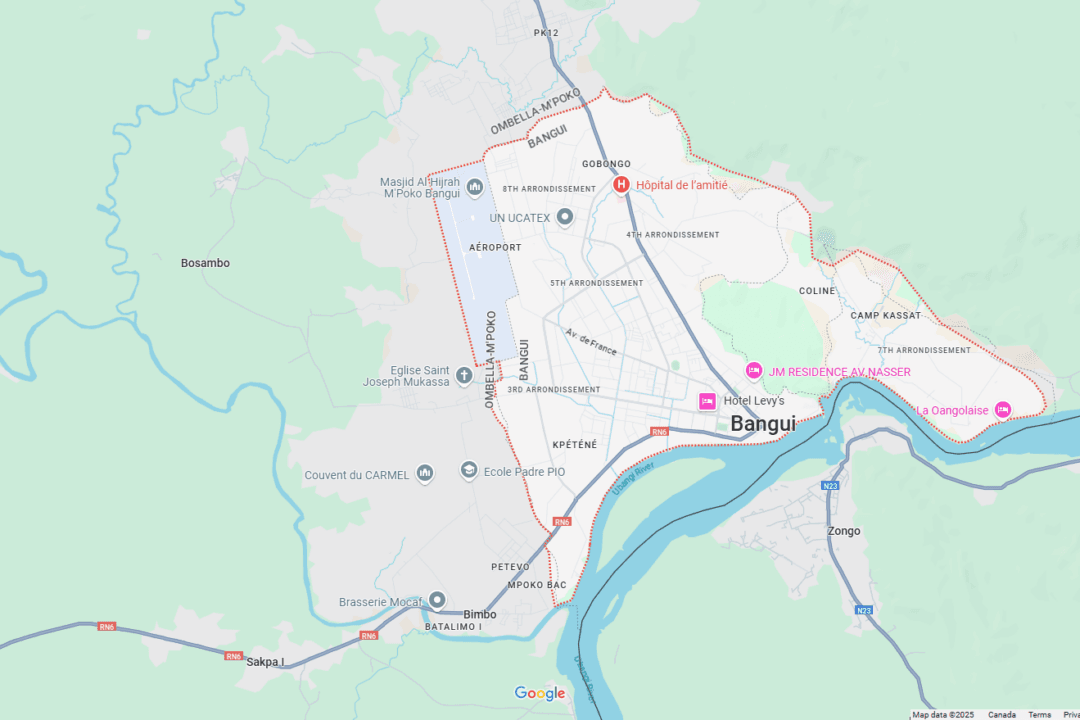HAVANA—Grappling with the biggest flood of Cuban migrants in decades, the United States reopened their long-closed legal pathway on Wednesday by resuming all visa services at its embassy in Havana.
The number of Cubans detained on the U.S. southern border is now second only to the number of Mexicans, according to Customs and Border Protection figures.
Hundreds of people gathered outside the embassy for visa appointments Wednesday, or waited outside for loved ones.
Visa services were fully restarting Wednesday for the first time since a virtual shutdown prompted by health incidents among staff slashed the American presence in Havana in 2017.
The embassy gradually began to expand such services and diplomatic staffing in a limited capacity in May. Now the United States could give at least 20,000 visas a year.
The U.S. embassy said on Friday that “the United States is working to ensure safe, legal, and orderly migration.” Officials there declined to comment on events Wednesday.
In late December, U.S. authorities reported stopping Cubans 34,675 times along the Mexico border in November, up from 28,848 times in October.
Many Cubans have been traveling fewer than 100 miles by sea to Florida, often arriving in boats packed with illegal immigrants. Most recently, the arrivals of hundred illegal immigrants by boat in the Florida Keys this week prompted the temporary shutdown of Dry Tortugas National Park.
The full resumption of visa work at the embassy comes after a series of migration talks and visits by U.S. officials to Havana in recent months.
Former President Barack Obama eased some decades-long sanctions during his time in office and made an historic visit to the island in 2016. But visa and consular services were closed on the island in 2017 after embassy staff were afflicted in a series of health incidents that remain publicly unexplained.
Under President Joe Biden, the United States has eased some restrictions on things like remittances and family travel from Miami to Cuba.
Restrictions on tourist travel to Cuba, and the imports and the imports and exports of many goods, remain in place.
Also kindling tensions has been the Cuban regime’s harsh treatment of participants in the island’s 2021 protests, including hefty prison sentences doled out to minors, a constant point of criticism by the Biden administration.





